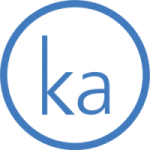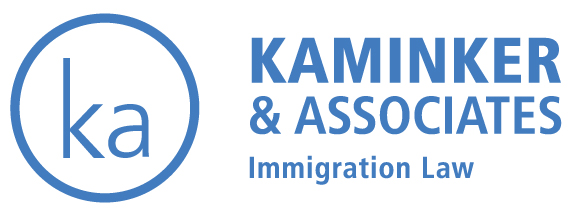Immigrating to Canada? How Will Your Education Compare?
Applying for permanent residence is an exciting moment for many people looking to immigrate to Canada. One of the main ways to come to Canada as a permanent resident is to go through Canada’s Express Entry system. This is an automated system that scores and ranks candidates based on a number of factors, such as their demographics, language skills, and work experience.
One of the main factors that are considered is education. However, it’s important to understand that a degree, diploma, or certificate received in a foreign country may not be equivalent to one received in Canada. This may have an impact on your Express Entry profile and whether you receive an invitation to apply for permanent residence.
To help you understand how your foreign education will impact your profile, this article will explain the Educational Credential Assessment (ECA), what you need to do before completing your profile, and what you can do if your foreign education is not equivalent in Canada.
What is the Educational Credential Assessment?
Anyone applying for permanent residence must get their credentials and educational background assessed before completing their profile. This is known as an Educational Credential Assessment and is completed by a third-party agency that is recognized by Immigration Canada.
The purpose of the ECA is to determine that your foreign degree, diploma, certificate, or other credential is valid and equal to a Canadian one.
It is most likely to have an impact on professionals with protected titles, such as doctors, lawyers, pharmacists, or engineers. These are professions that have certain requirements, accreditations, and licenses that vary by jurisdiction. As a result, the training and education received abroad may not be recognized in Canada.
How your foreign education compares also depends on the country in which it was completed. Countries with similar educational systems to Canada may be compared more favourably than countries with completely different systems, or counties with different requirements for completing certain degrees.
For example, if you’ve completed a Masters in Engineering in a foreign country, it may be equivalent to a Bachelors’s in Canada. However, a Bachelors’s in Computer Programming may be equivalent to a Bachelors in Canada. How your education will compare will depend on your unique situation.
Importantly, it is the equivalent education that is included and counted toward your Express Entry profile, not the education you received abroad.
Completing the ECA
The ECA is not completed by Immigration Canada directly but is instead done by one of the recognized agencies on its behalf. It is your responsibility to receive the ECA prior to submitting your Express Entry profile as part of your permanent residence application.
Your immigration lawyer will work with you to ensure that you have all of the documentation required, including a copy of your degree, a translation if it is not in English or French, and any other supporting documentation that confirms you have completed your educational requirements.
Once the ECA has been completed, the agency will provide you with an ECA Report and Reference Number which you will input into your Express Entry profile.
What If My Education is Not Equivalent?
Canada has extremely strict requirements when it comes to education. As a result, it is possible that your equivalent education will be lower than the degree you received abroad. This may have a negative impact on your score and whether you receive an invitation to apply.
If this happens, your immigration lawyer will advise you on the next steps, and help you identify other paths to permanent residency which may be better suited to your unique situation.
For example, you may qualify for one of the Provincial Nomination Programs. These are programs that are looking for specific characteristics and skills in individuals to fill the unique needs of their provincial workforces. Getting approved for this provincial nominee program provides a substantial boost in points to an Express Entry profile, which basically guarantees you will receive an invitation to apply for permanent residence the next time invitations are sent out.
Before Applying, Consider How Your Education Compares
How your foreign education compares to an education completed in Canada will have a direct impact on your ability to apply for permanent residency. Before completing your profile, make sure you understand how your education will be recognized, and work with an immigration lawyer to determine if there are other paths to coming to Canada which may give you a better chance of receiving an invitation to apply.
Hart Kaminker, is Principal, Kaminker & Associates Immigration Law in Toronto, Ontario, Canada




Leave a Reply